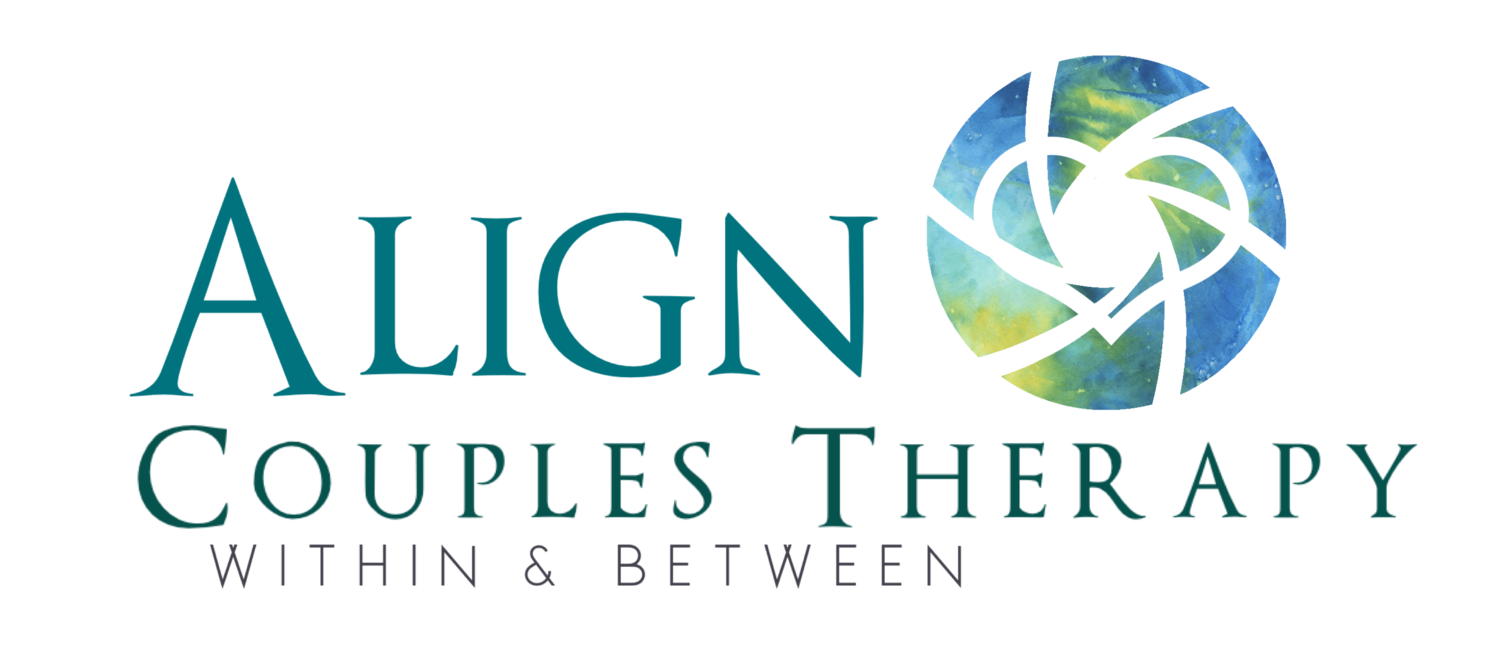Is it Gaslighting?
/Gaslighting….perhaps you’ve heard this term bantered about the last few years? Merriam Webster made it the “word of the year” in 2022. Before this timeframe, it was often understood as a destructive form of psychological abuse. More recently it has been applied erroneously when there are common disconnections during conflict.
Gaslighting in relationships
Gaslighting is a very real and harmful abuse tactic. But it is important to understand where it is present versus where there is common defensive emotional immaturity or relational misunderstandings instead. Overuse of the term harms actual victims and dismisses their experience, making them question their reality. This is also the impact of true gaslighting.
Ironically, the word of the year for 2024 is Connection. So let’s see if we can build a bridge from Gaslighting to Connection.
The word Gaslit originated from a film in a 1938 British play by the same name, a movie followed shortly after. The husband in the script manipulates his wife into thinking she is crazy by dimming the gaslights in their home and then denying there is a problem. She is then committed to a mental institution, resulting in her husband gaining access to her inheritance…his plan all along.
Abusive gaslighting is when someone has the intent to cause harm and make their partner question their experience, themselves and their sense of reality. This results in a lack of self confidence and diminished sense of reality. The gaslighter then has the control in the relationship. Sense of self worth is diminished, which leads to dependency and eventual increased social isolation. Abusive relationships are built on an imbalance of power and control, not only physical harm.
Relational misunderstandings or defensive emotional immaturity, in contrast, don’t spring from the same intent. These responses tend to be subconscious defense mechanisms. They still cause real harm in relationships, but aren’t as pervasive and instead may be situational or sporadic. It is very common for a spouse to explain their intent instead of validating the feelings of their loved one. It is also common to have disagreements of how an event played out in the past. This can feel like gaslighting, but there are still some pathways to connection in these instances. Couples therapy can often be helpful here, whereas in abusive relationships it can be harmful.
These two concepts are easily confused, but your response will be the same. Here are some do’s and don’ts to increase connection if it’s defensiveness, or boundaries if it’s gaslighting.
Do say: (in a neutral, non-aggressive way)
“My experience and feelings are not up for debate, here is what i need….”
“I understand that your itent wasn’t to cause harm, but I am still hurting and need you”
“I don’t remember it that way, and I need you to understand my experience as well”
“You are not hearing me and I will have to leave the conversation if you would rather argue”
“How I feel is real to me and I am reaching out to you, not attacking you, whether you chose to reach back is up to you.”
“I’m not going to debate if something happened or not. I’m willing to talk about how we move forward.”
“I’m not going to respond to your interpretations of why I feel what I feel, what I need from you doesn’t change”
“I am having a different experience”
“That is not what I just said, what I said is this……”
“I am not too sensitive, or overreacting, I am reaching out to you because I am hurting and am looking for you to respond in a loving way.”
“That actually wasn’t a joke and wasn’t funny”….and I still need….
“I trust what I feel and what I experienced. I understand that you may have had a different experience.”
“I need to leave the conversation if you continue to deny my experience and reality.”
(if you are confused of your realities/memory, keeping a journal can be very helpful to feel confident about your reality)
Don’t say:
“You are gaslighting me”: this does’t build a bridge, but ends a conversation. Speak your boundary statement and need from the examples above instead. If you are speaking to someone abusive, their anger, denial, projection or blame shifting will probably increase, and you need to remove yourself from the conversation. If it’s simply defensiveness, hopefully there will be some resolution or movement toward mutual understanding and respect.
If you are accused of gaslighting, you might have said….:
“That didn’t happen.” It is much more likely you are having trouble balancing two valid realities(empathy skill) than the fact that your partner is lying for some nefarious reason. If you don’t remember something happening, just say that instead. “I’m sorry, my memory is failing me right now, but I believe you, what do you need?”
“I was just joking.” Your partner was hurt and a simple “I’m sorry” will probably be enough for a quick repair. Claiming that you didn’t intend to do harm doesn’t mean harm didn’t happen. Acknowledge it, make it right and move on.
“You are lying.” It is much more common, again, that you may be having trouble empathizing than the fact that you married a “liar.” Find something to validate, or ask for more information to understand.
“You want to fight….You want to believe that about me…You are being dramatic….”: Accusations don’t build connection. If someone is upset, it’s much more effective to check in and see what they need from you.
Couples therapy and marriage counseling can be very helpful in shifting communication to more healthy patterns, but is not helpful in an abusive relationship. It can even cause harm. If you believe you are in an abusive relationship where issues of power and control are at play, individual counseling will be much more helpful.
If you believe you are in an abusive relationship, local and national resources include individual counseling or:
Family Violence Prevention Services: https://fvps.org/
https://www.thehotline.org/
https://themendproject.com




